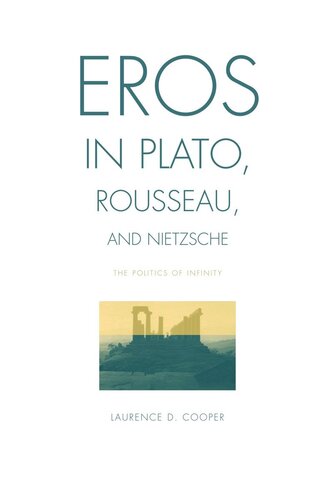

Most ebook files are in PDF format, so you can easily read them using various software such as Foxit Reader or directly on the Google Chrome browser.
Some ebook files are released by publishers in other formats such as .awz, .mobi, .epub, .fb2, etc. You may need to install specific software to read these formats on mobile/PC, such as Calibre.
Please read the tutorial at this link: https://ebookbell.com/faq
We offer FREE conversion to the popular formats you request; however, this may take some time. Therefore, right after payment, please email us, and we will try to provide the service as quickly as possible.
For some exceptional file formats or broken links (if any), please refrain from opening any disputes. Instead, email us first, and we will try to assist within a maximum of 6 hours.
EbookBell Team

5.0
100 reviewsHuman beings are restless souls, ever driven by an insistent inner force not only to have more but to be more—to be infinitely more. Various philosophers have emphasized this type of ceaseless striving in their accounts of humanity, as in Spinoza’s notion of conatus and Hobbes’s identification of “a perpetual and restless desire of power after power.” In this book, Laurence Cooper focuses his attention on three giants of the philosophic tradition for whom this inner force was a major preoccupation and something separate from and greater than the desire for self-preservation. Cooper’s overarching purpose is to illuminate the nature of this source of existential longing and discontent and its implications for political life. He concentrates especially on what these thinkers share in their understanding of this psychic power and how they view it ambivalently as the root not only of ambition, vigorous virtue, patriotism, and philosophy, but also of tyranny, imperialism, and varieties of fanaticism. But he is not neglectful of the differences among their interpretations of the phenomenon, either, and especially highlights these in the concluding chapter.